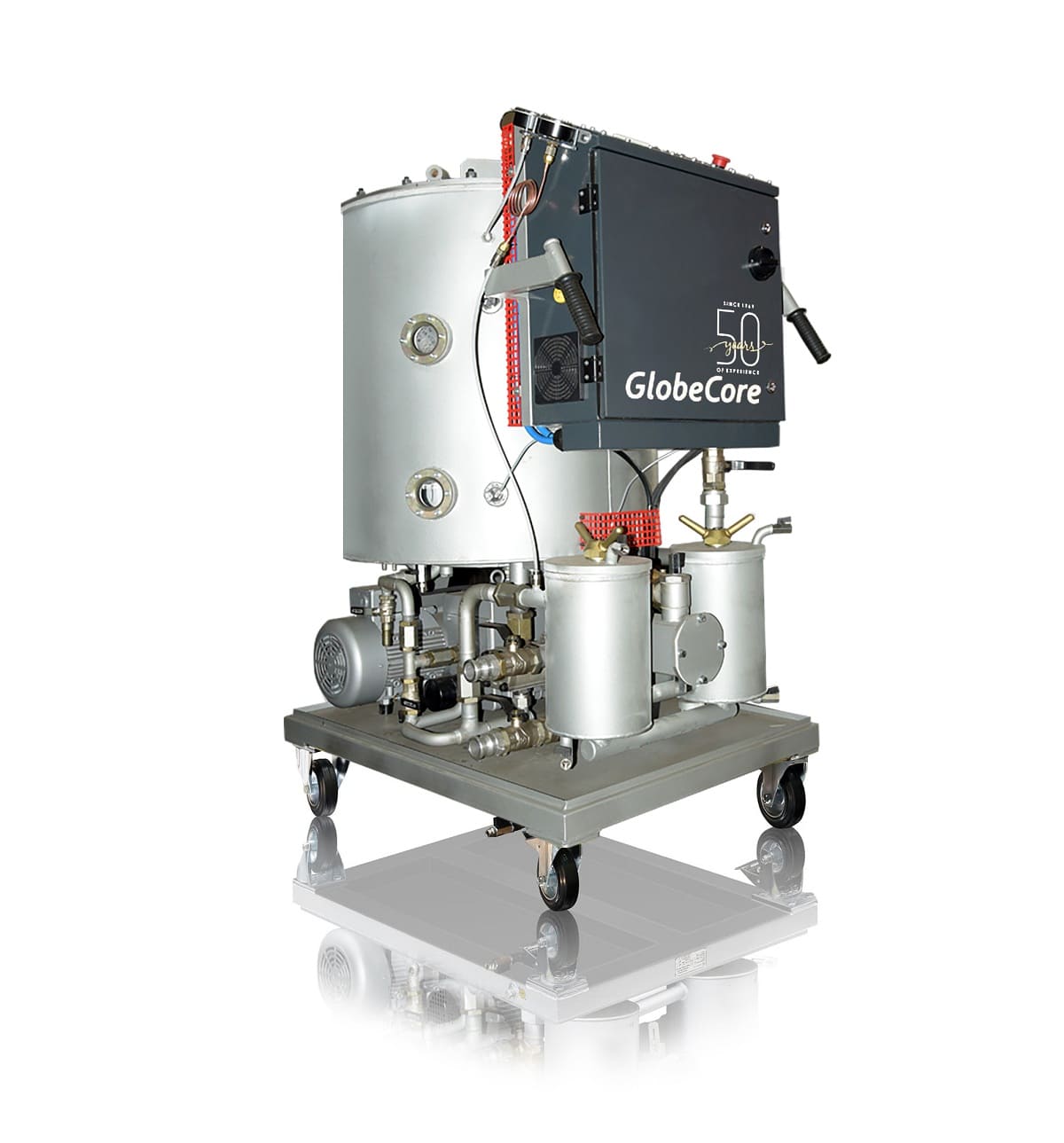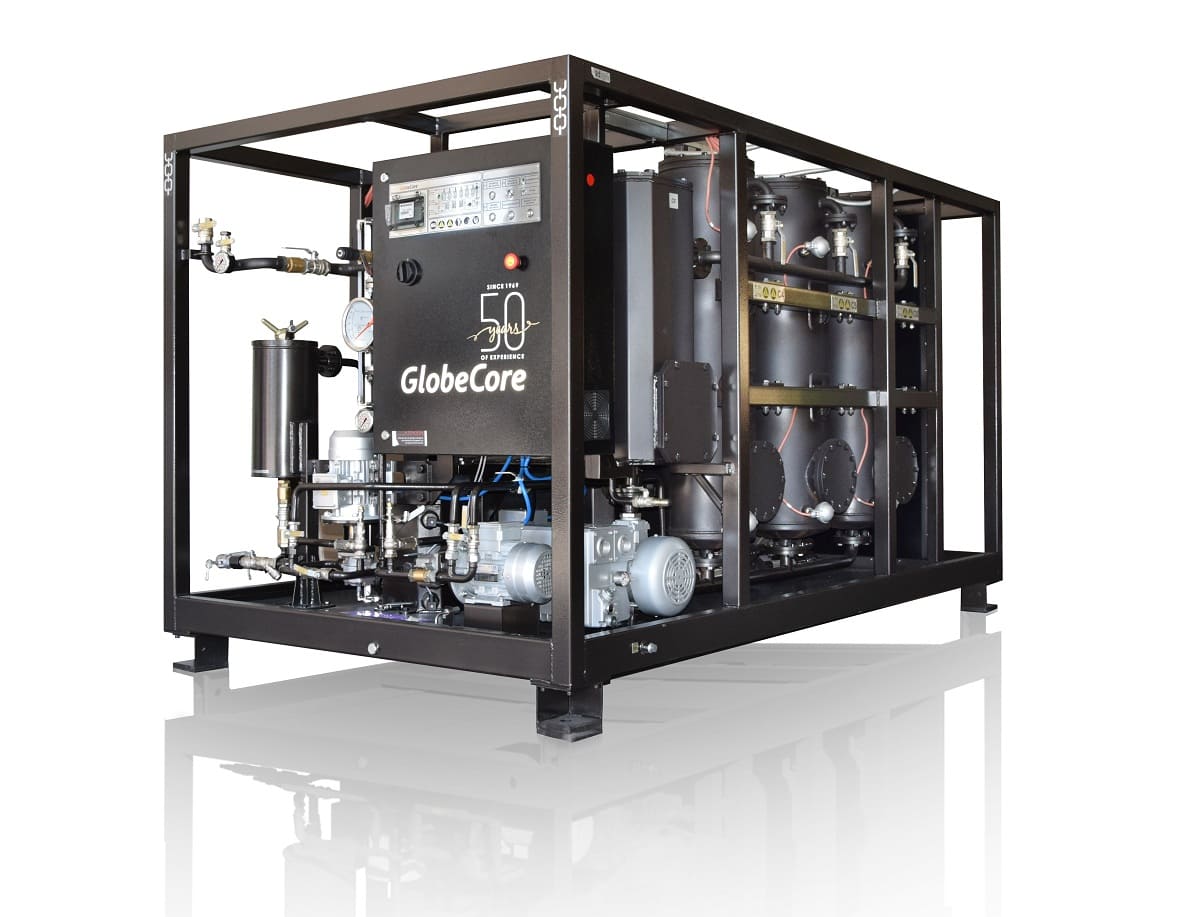Hydraulic oil purification
How does Degassing Hydraulic Oil improve its performance in hydraulic systems?
- This topic has 1 reply, 2 voices, and was last updated 1 year, 4 months ago by .
Answers
-
October 7, 2024 at 3:05 pm by Ashley Hall
Degassing Hydraulic Oil improves its performance in hydraulic systems by removing dissolved gases that can negatively impact the oil’s properties and system efficiency. Dissolved gases, such as oxygen, nitrogen, and carbon dioxide, can form bubbles or foams within the hydraulic fluid, leading to inconsistent lubrication and reduced cooling efficiency. These gas bubbles can cause cavitation in pumps and actuators, resulting in increased wear, noise, and potential component damage. Additionally, the presence of gases can decrease the oil’s dielectric strength, increasing the risk of electrical discharges and insulation failures in hydraulic systems. Degassing processes, such as vacuum treatment or thermal degassing, effectively extract these dissolved gases, restoring the oil’s clarity and consistency. This enhances the hydraulic system’s reliability, reduces wear and tear on components, and improves overall performance by ensuring smooth and efficient fluid flow, consistent lubrication, and optimal cooling, thereby extending the lifespan of the hydraulic machinery.



